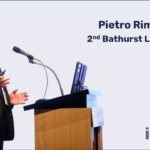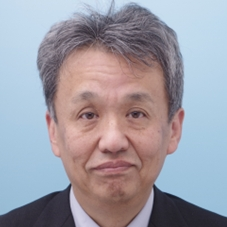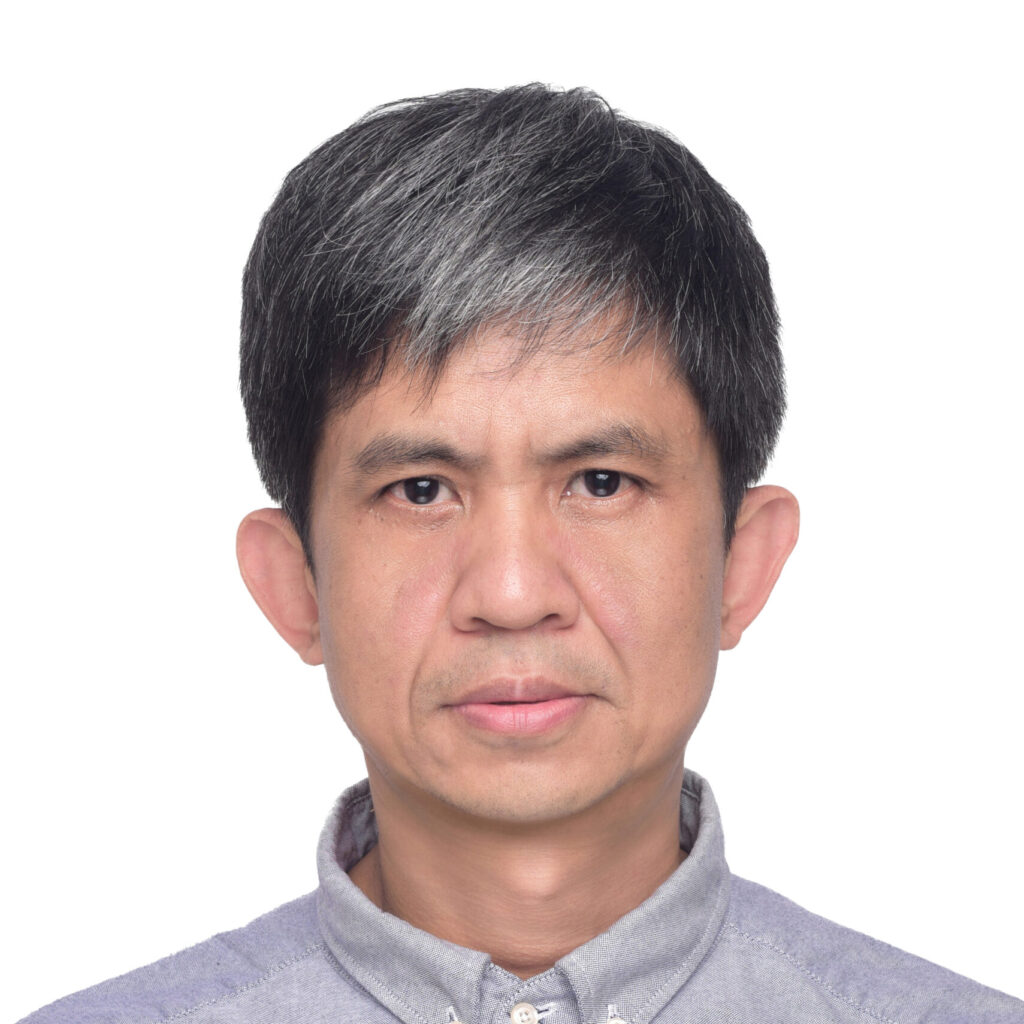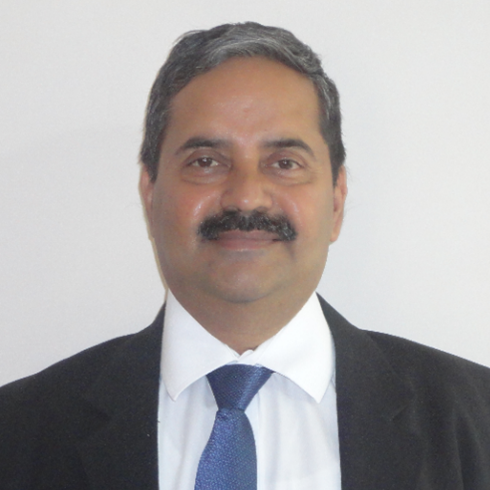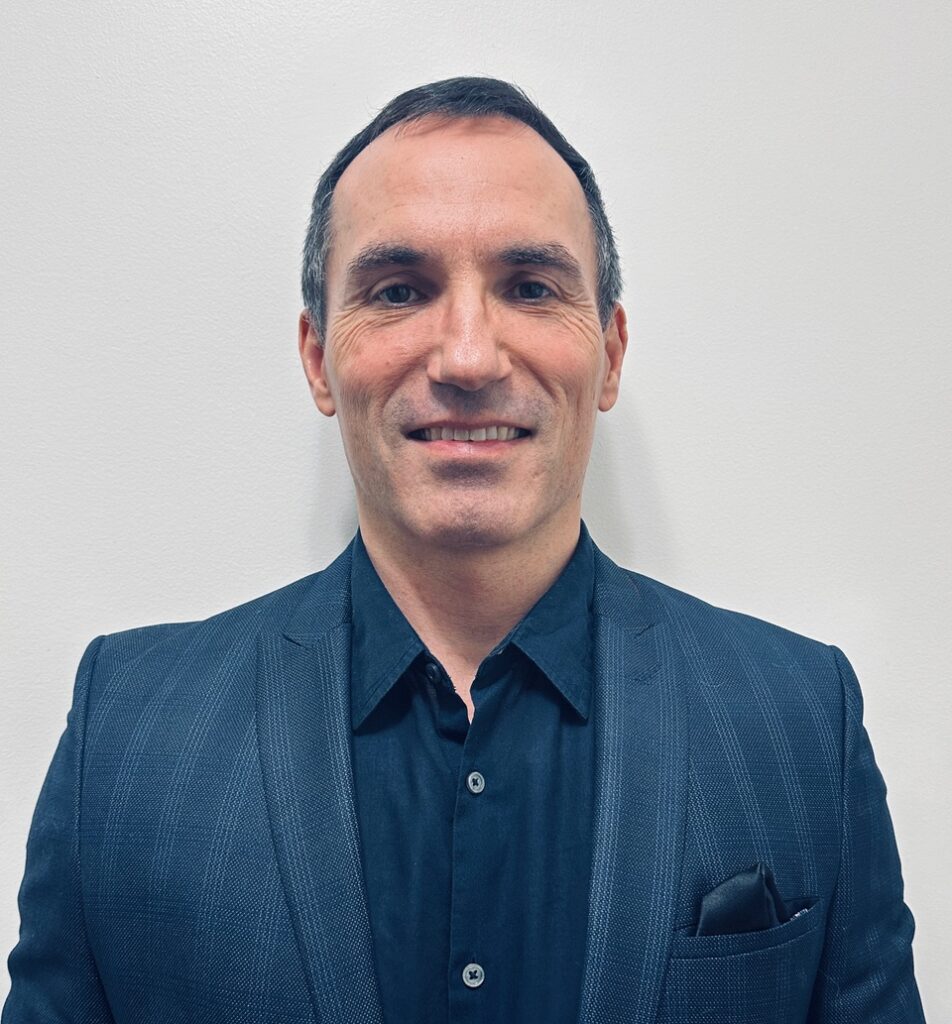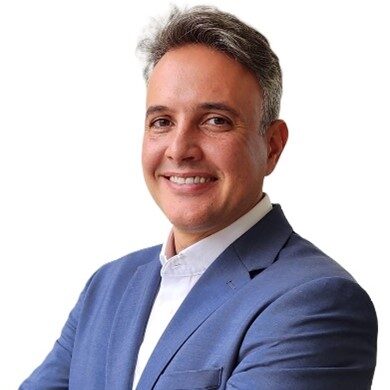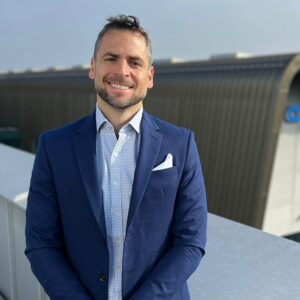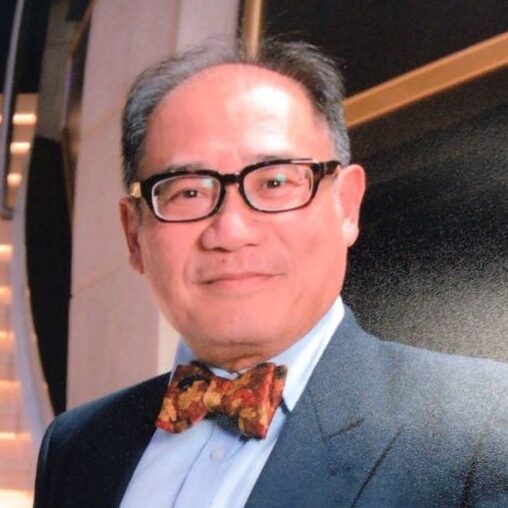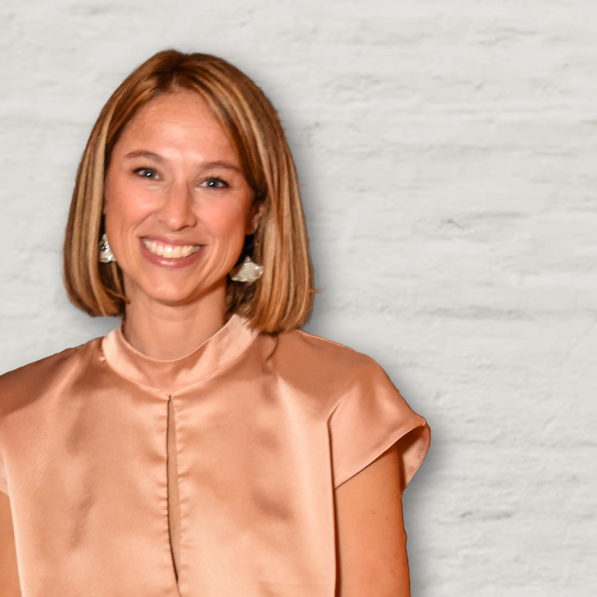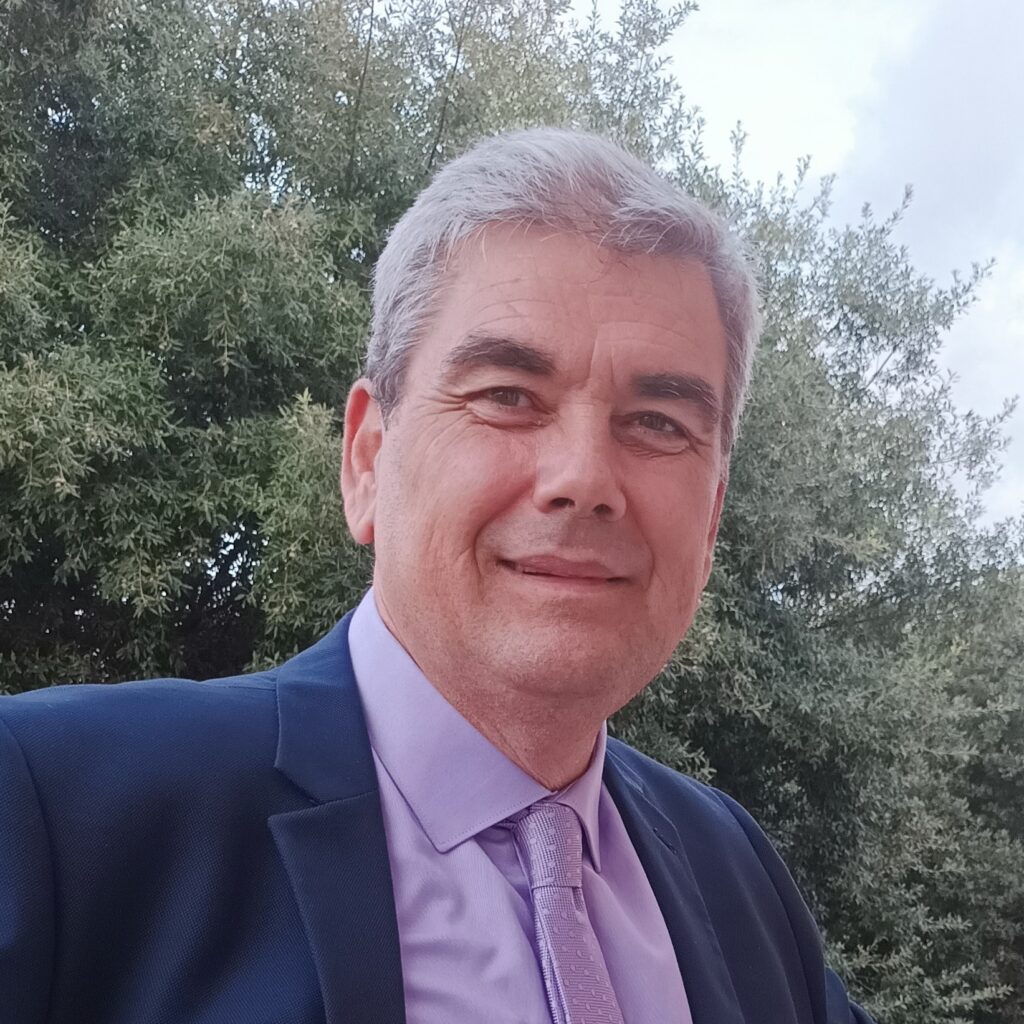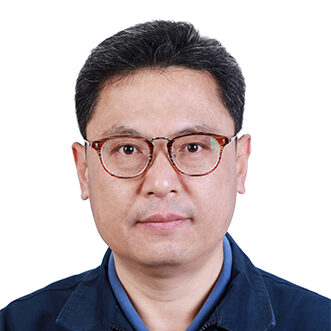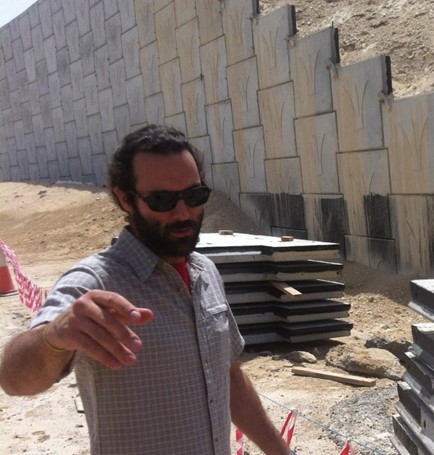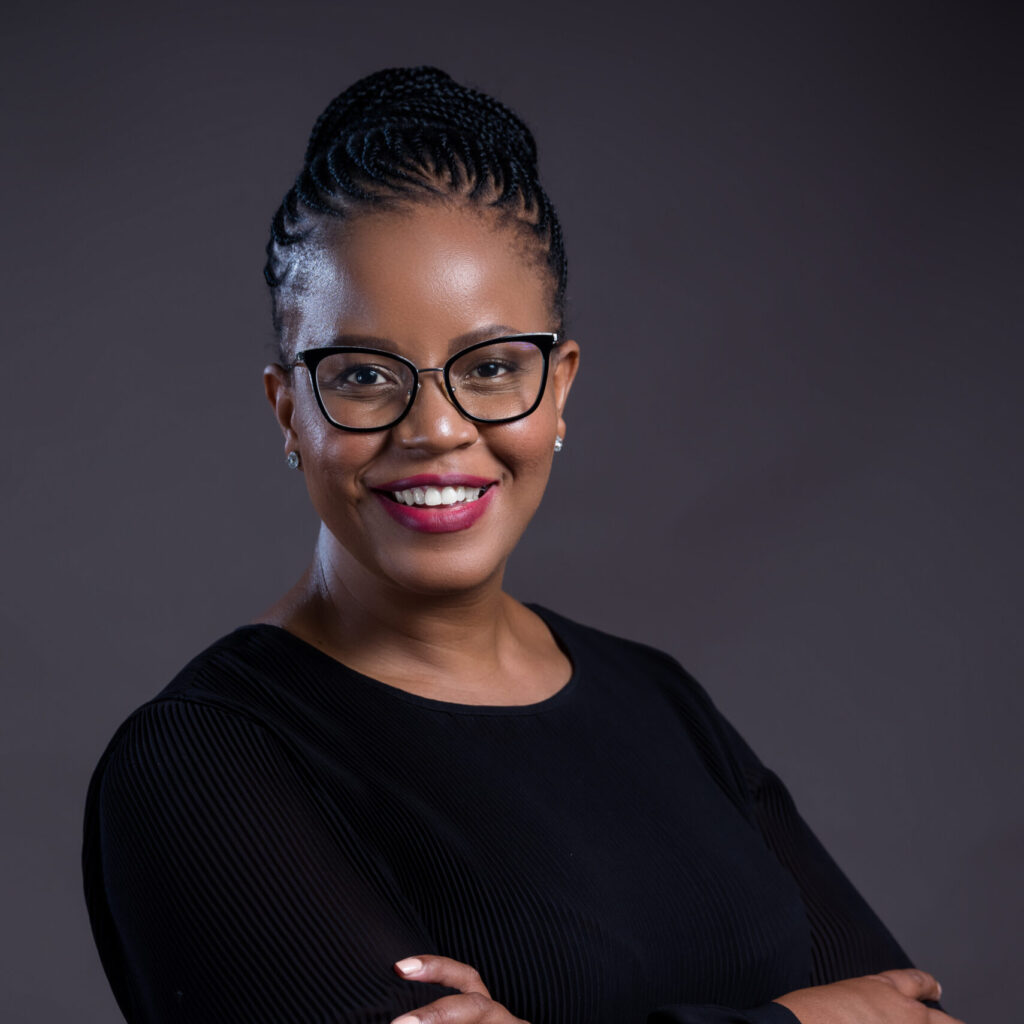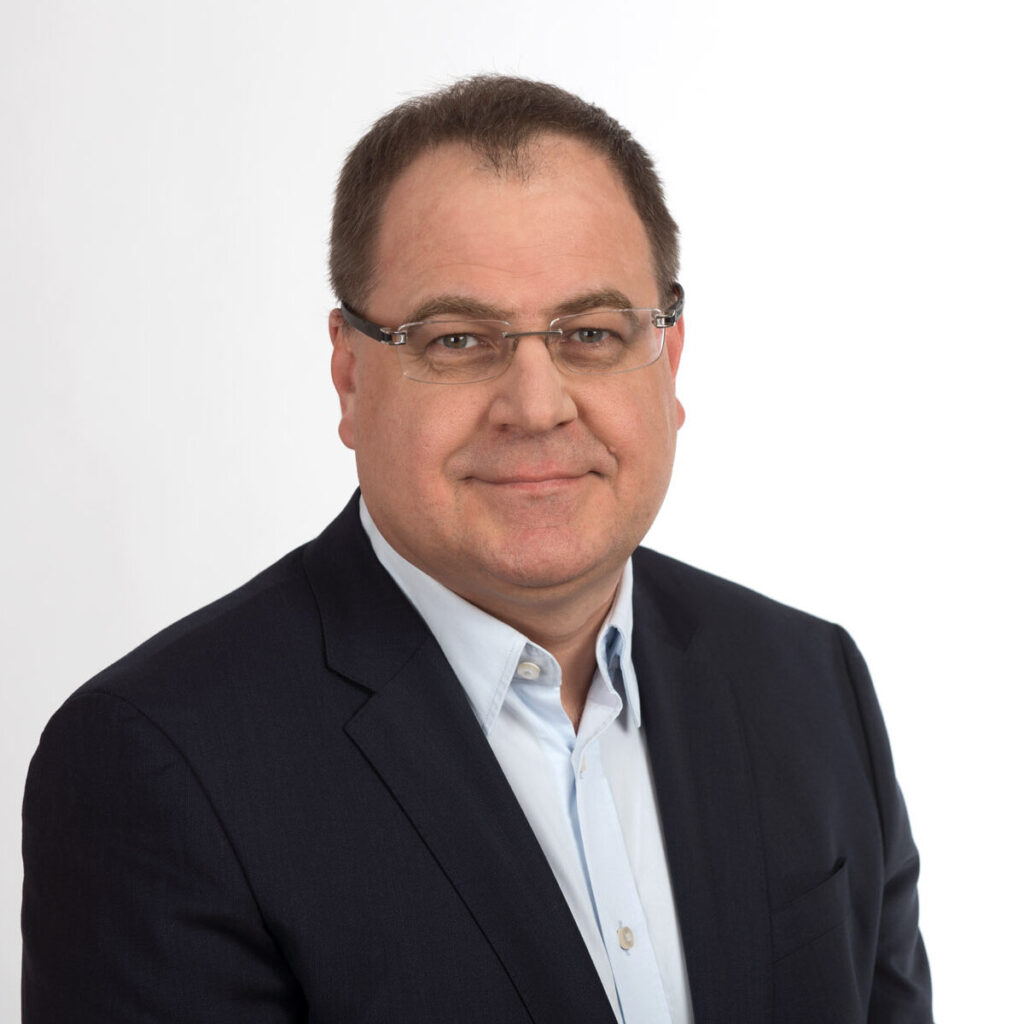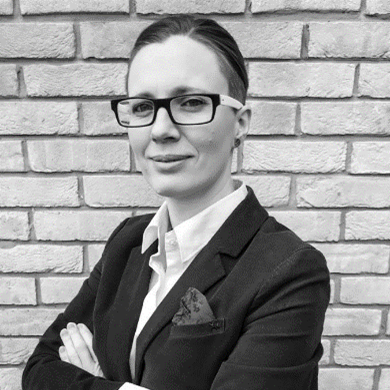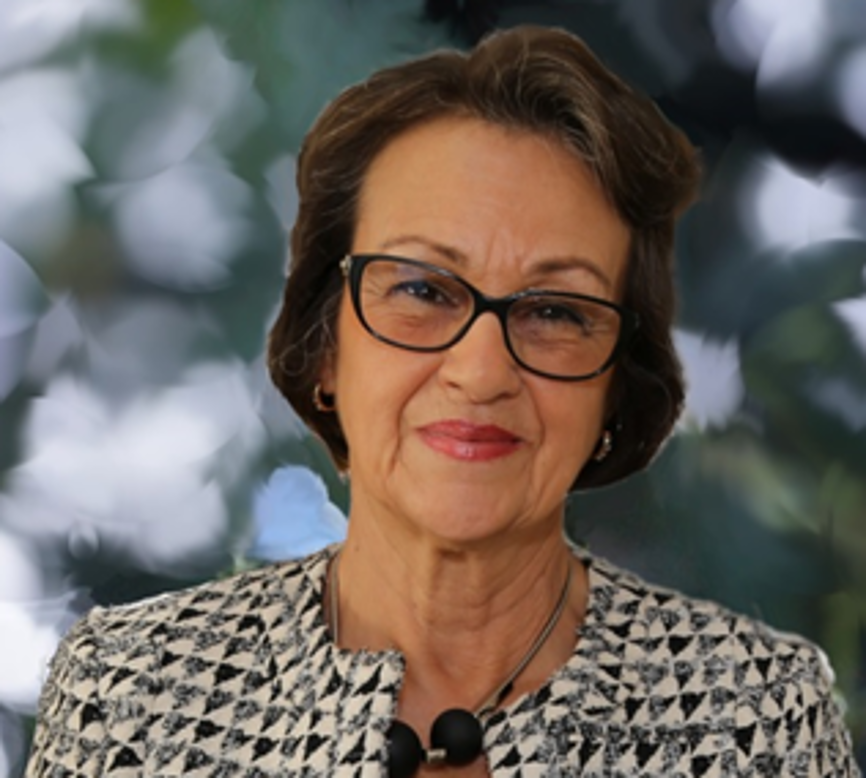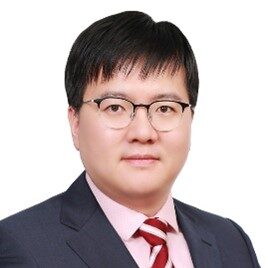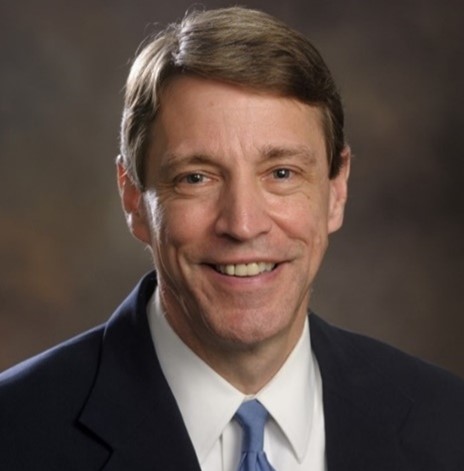 In this edition of the regular feature, the young members committee interviewed the current Vice-President of the IGS.
In this edition of the regular feature, the young members committee interviewed the current Vice-President of the IGS.
Name / Institution: Nathalie Touze, Irstea, France.
Specialist Field: Geosynthetics, barriers, fluid mechanics, contaminant transport and durability.
What originally inspired you to enter civil engineering, and what continues to do so?
I grew up in Brittany. The ocean is an important part of our lives, by its proximity, by the fact that it is the origin of subsistence for many families. The continuous movement of water has always been a source of fascination. It became obvious to me that the study of fluid mechanics was the discipline I had to be involved in on the day I discovered it.
It gave me the opportunity to study all kinds of transfers, included those in barrier materials. I had the opportunity to perform my MSc. In a laboratory in Irstea dealing with geosynthetics. The plan was to stay there a year and then to move to something different. But I did not leave the place.
I have been supported by many people in the development of my career (Kerry Rowe, Jean-Pierre Giroud, Bernard Myles, Jorge Zornberg, to name a few). What gives me today the will to go on is the opportunity to, in return, be a support for younger IGS members whenever possible.
What do you enjoy most about working in the geosynthetic sphere?
I am not convinced I would enjoy working in any other industry. I had the chance to enter a human community, in the IGS, that I guess is not comparable to any other. The first source of motivation is people and the interaction with them. The second source of motivation is the conviction that geosynthetics are materials that through the large range of applications they cover and properties they have can make a difference for a sustainable evolution of our environment.
Do you have any advice for young engineers beginning their careers?
Looking back through the way I followed, I guess that I could probably get a wider and more accurate vision of our industry had I left for some time the institute in which I have been performing research for 25 years. I am convinced that stability can be important to reach a significant level of expertise. However, experiencing other facets than research, for example installation, control, design, manufacturing would help me today to understand better the needs of all IGS members. But this may be too much for a single human being in a single lifetime?
What do you think are the most important skills in today’s industry?
It is hard for a single individual, with the exponential amount of knowledge gained and available to know everything about everything nowadays. What seems to be logical to do is to learn to work with others, to communicate, which means not only be able to present information in a comprehensive manner to others but also be able to listen to them, which requires to be open minded. Networking in an efficient manner, as emphasized by President Yoo, is with no doubt a requirement today.
I would thus have the trend to insist more on the good manners than on the knowhow.
Again if a single individual may not be able to develop properly in both ways, at the scale of a society like IGS, we should be able to consolidate our collective skills in both fields, good manners and knowhow.
What initiatives are you undertaking as part of the council? How can young members contribute?
As the vice-president, I have been charged by President Yoo to Enhance awareness of geosynthetics for sustainable development and global challenges, One axis could be to create liaisons with societies outside the box. Another axis is to develop media to evidence how the use of geosynthetics contribute to sustainable development and global challenges.
I trust that young members can bring their contribution in the identification of the relevant targets and the relevant materials or media.
In addition, I have been asked to think about potential actions towards our membership to involve members. Young members are the future of the society and their involvement is crucial as the future cannot be prepared without their involvement. I do thus expect that the existing coordination at the international level undertaken by the Young IGS members can find extensions at the regional and national levels where more exposure of young members to geosynthetics and the professionals is a key. The Turkish chapter of the IGS for example has perfectly understood it. During the last national conference in Istanbul in May a third of the attendees were students from all over the country.
Do you have any hobbies and interests outside work?
I am lucky to live next to Paris which is not only a beautiful city but also a city where I can be exposed to art.
Even though the Ocean is a bit far I keep on looking for renewal along the coast as often as possible.
I am convinced by the importance of good human relationships. Working in improving myself in the way I behave on a daily basis is today something crucial for me as I am convinced that we teach as much by the way we act as by bringing new technical content to people.

Reported by
Ian Scotland, Communications officer of the Young Members Committee.



